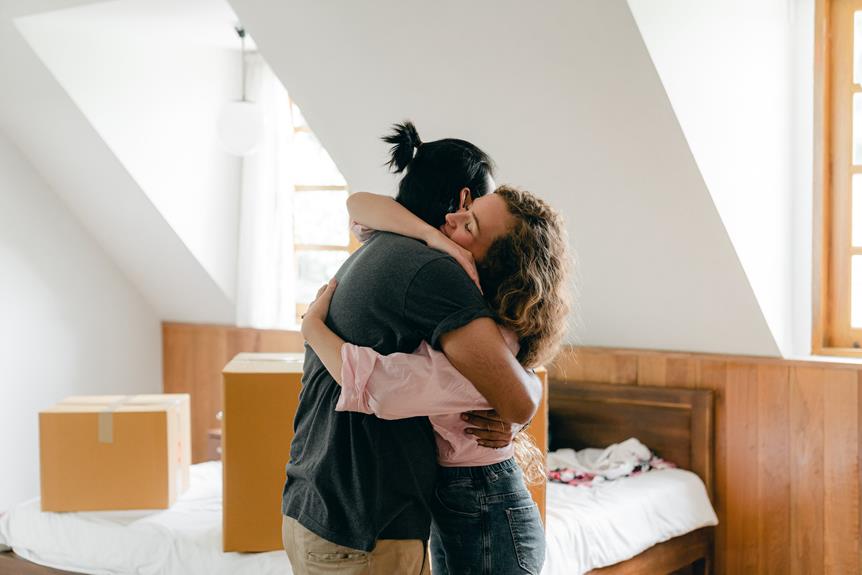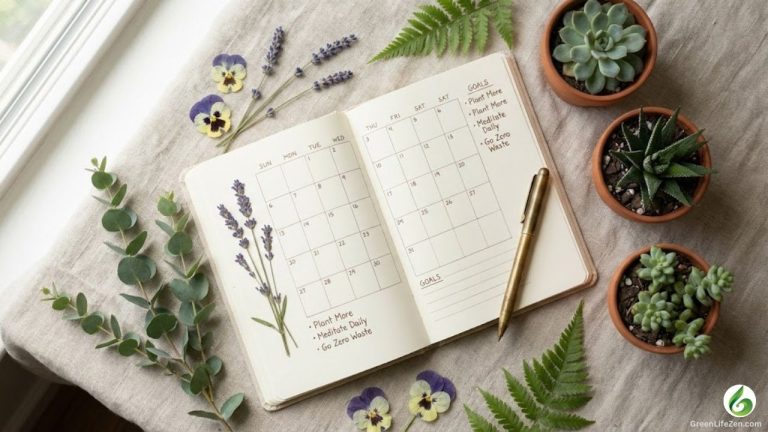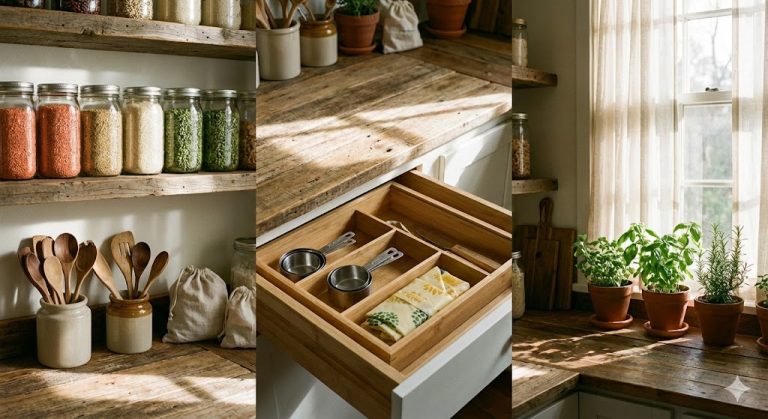Are you tired of feeling overwhelmed by waste and looking for practical ways to make a difference? Look no further! We’ve got you covered with six essential tips for starting a zero-waste lifestyle for beginners.
By embracing mindful consumption, conducting a waste audit, practicing sustainable shopping, exploring DIY solutions, engaging with the community, and advocating for change, you can take meaningful steps towards reducing your impact on the planet.
Join us as we embark on this empowering journey together!
Mindful Consumption
When it comes to starting a zero-waste lifestyle, we need to be mindful of our consumption habits. Conscious purchasing and ethical consumerism play a crucial role in reducing waste and making sustainable choices. By being aware of what we buy and the impact it has on the environment, we can make more informed decisions.
One way to practice conscious purchasing is to buy products with minimal packaging or opt for reusable alternatives. It’s also important to support brands that prioritize sustainability and ethical production practices. Researching and understanding the supply chain of products can help us make more responsible choices.
Waste Audit and Reduction
To effectively transition to a zero-waste lifestyle, we need to conduct a waste audit and implement reduction strategies. Here are four practical steps to get started:
- Assess your waste: Conduct a waste audit by gathering and categorizing your waste for a week. This will help you identify areas where you can reduce waste.
- Set reduction goals: Determine specific waste reduction goals based on your audit findings. Whether it’s reducing food waste or minimizing single-use plastics, having clear goals will keep you focused.
- Adopt the 3 R’s: Embrace the principles of Reduce, Reuse, and Recycle. Minimize unnecessary purchases, opt for reusable alternatives, and recycle properly to minimize environmental impact.
- Compost: Composting organic waste not only reduces landfill waste but also creates nutrient-rich soil for your garden. Start composting by collecting food scraps and yard waste in a designated compost bin.
Sustainable Shopping Practices
Our sustainable shopping practices involve making conscious choices about the products we purchase. One way to do this is by supporting ethical fashion brands that prioritize fair labor practices and sustainable materials. Look for certifications like Fair Trade or GOTS (Global Organic Textile Standard) to ensure your clothing is produced in an environmentally and socially responsible manner.
Another important aspect of sustainable shopping is opting for package-free options whenever possible. This means buying loose produce instead of pre-packaged items and choosing products with minimal or recyclable packaging. Shopping at bulk stores or farmers markets can help reduce waste and support local businesses.
DIY and Upcycling Solutions
To continue our sustainable shopping practices, let’s explore DIY and upcycling solutions. Repurposing furniture and engaging in eco-friendly crafts are great ways to reduce waste and create unique, personalized items for our homes.
Here are four ideas to get you started:
- Transform an old dresser into a stylish TV stand by removing the drawers and adding shelves for media devices.
- Give new life to glass jars by using them as storage containers for pantry staples or creating beautiful candle holders.
- Turn worn-out jeans into trendy denim tote bags by cutting off the legs, sewing them together, and adding sturdy straps.
- Repurpose wine corks by slicing them into thin disks and using them as natural, eco-friendly coasters.
By embracing these DIY and upcycling solutions, we not only contribute to a zero-waste lifestyle but also unlock our creativity and sense of accomplishment.
Related Post: The Ultimate Guide to Battery Reconditioning: Resurrecting Dead Batteries.
Community Engagement and Advocacy
As we continue our exploration of sustainable practices through DIY and upcycling, let’s now delve into the important realm of community engagement and advocacy.
Engaging with our community is crucial for creating a lasting impact on the environment. One way to get involved is by seeking out volunteer opportunities in local environmental organizations. These organizations often host events such as clean-ups, tree plantings, and educational workshops. By volunteering, we can actively contribute to the betterment of our community while also connecting with like-minded individuals who share our passion for zero waste.
Another way to make a difference is by advocating for policy change. This can involve attending city council meetings, writing letters to elected officials, or joining grassroots campaigns. By collectively voicing our concerns, we can push for systemic changes that will benefit not only our community but also the planet as a whole.
Together, we can create a more sustainable future.
Conclusion
Adopting a zero-waste lifestyle isn’t only beneficial for the environment but also for our wallets and overall well-being.
Did you know that the average person in the United States produces about 4.4 pounds of trash per day? By implementing the six essential tips outlined in this article, we can significantly reduce our waste and make a positive impact on the planet.
So let’s start making small changes today and strive towards a more sustainable future.




